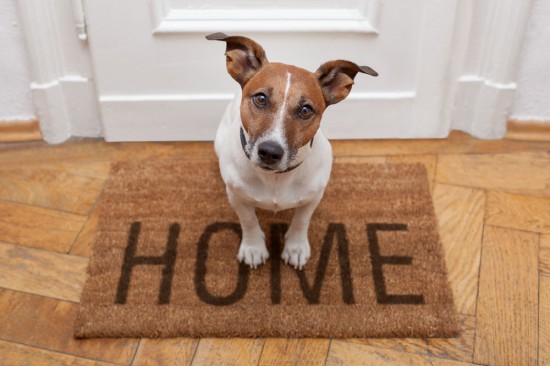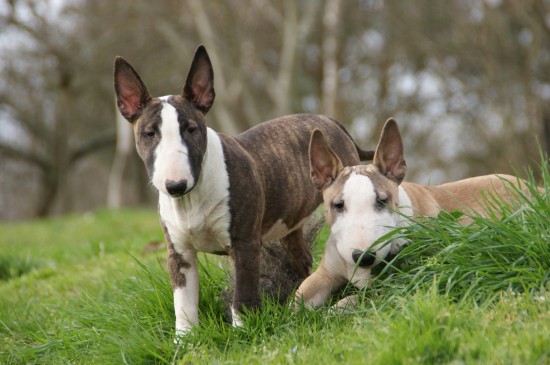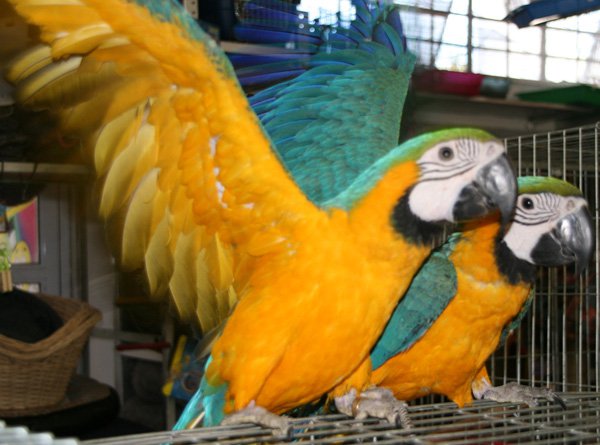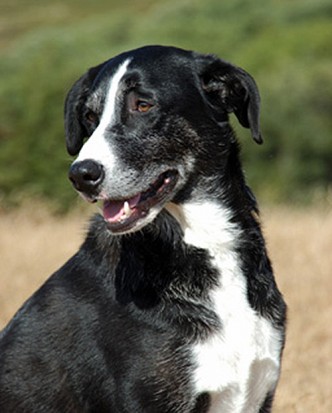
There is nothing quite like bringing home a new puppy. The excitement level can be quite high, particularly if children are waiting anxiously. But before you even bring home a new puppy be sure that you are doing it for the right reasons because while puppies make great gifts they are a responsibility that lasts for their entire life. A new puppy can make a lifetime of great memories but they also require a lot of training and work if they are to become a member of your family.
Your puppies breed and temperament will go along ways in determining what sort of training may work best for him. Of course the smarter the breed of puppy the easier it will be to train, but at the same time a smart dog will probably be somewhat resistant to being told what to do at first, at least until it is determined who is dominant in the dog/human relationship.
Training a puppy is something that can take a short amount of time depending on how much time and attention you spend doing it. This does not mean that you need to spend hours a day training your puppy. Just like small children their attention span only lasts so long. Break your training sessions up into a few short sessions throughout the day and your puppy will respond in a positive manner.
When you first start training your puppy you will need to start with basic obedience training, teaching commands such as sit, come, stay, heel and fetch. As they get older and master these simple commands you can start to incorporate more difficult training.
The idea of training a puppy can be somewhat overwhelming for some people but it is really not that hard. Most puppies and the dogs they grow into really want to do nothing but please their owners. By teaching them correctly you will create a bond that will cause them to remember everything you teach them simply because they like to be rewarded.
If you choose not to train a new puppy the consequences may not be to your liking. They will learn that they do not have to listen and will essentially become the master of your house. And puppies can be very destructive. As they teeth they will chew on anything available if they don't know better. If they are taught the difference between right and wrong the damage they can do will be limited.
While you can use any number of training aids to help you train your new puppy sometimes the best approach is to just work with him on a daily basis. The more interaction you have with your four legged friend the better his response to training will be. It is also important to remember that training should be a continuing process, even as your dog gets older and grows bigger. The positives of a well trained puppy and dog are many and will make for a lifelong companion who is happy and healthy.
 Doggy Day Care - Options For Your Dog If You Work All Day
Doggy Day Care -
Doggy Day Care - Options For Your Dog If You Work All Day
Doggy Day Care -
 Vulnerable Uk Native Dog Breeds - The Terrier Group
Vulnerable Uk Nat
Vulnerable Uk Native Dog Breeds - The Terrier Group
Vulnerable Uk Nat
 Puppy and Dog Obedience Training
Puppy and Dog Obedience Training
Knowing basic
Puppy and Dog Obedience Training
Puppy and Dog Obedience Training
Knowing basic
 Does Your Dog Eat Carpet?
You gotta love dogs. Dogs are truly mans best friend. My
Does Your Dog Eat Carpet?
You gotta love dogs. Dogs are truly mans best friend. My
 All About The Mcnab Dog Breed
All About The Mcn
All About The Mcnab Dog Breed
All About The Mcn
Copyright © 2005-2016 Pet Information All Rights Reserved
Contact us: www162date@outlook.com